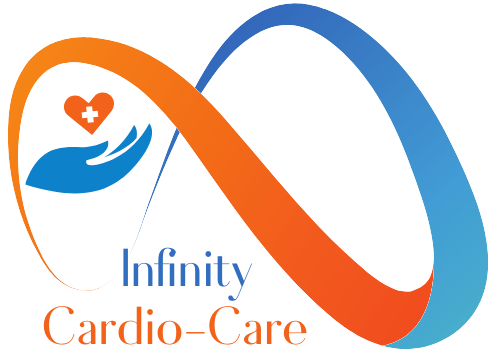Cardiologist
a.
Diagnosis:
Physical Examination:
A cardiologist performs a thorough physical examination, focusing on the cardiovascular system, to assess symptoms and signs of heart disease.Diagnostic Tests:
Cardiologists interpret various diagnostic tests to diagnose cardiovascular conditions. These tests may include electrocardiograms (ECG or EKG), echocardiograms, stress tests, Holter monitoring, cardiac catheterization, and cardiac MRI or CT scans.b.
Treatment:
Medication Management:
Cardiologists prescribe medications to manage various cardiovascular conditions, such as hypertension, arrhythmias, heart failure, and high cholesterol.Interventional Procedures:
Some cardiologists specialize in interventional cardiology and perform procedures like angioplasty, stent placement, and catheter-based treatments for heart valve diseases.Electrophysiology:
Cardiologists with expertise in electrophysiology diagnose and treat heart rhythm disorders (arrhythmias) using techniques such as ablation therapy, pacemaker implantation, and cardioverter-defibrillator (ICD) implantation.Heart Failure Management:
Cardiologists manage heart failure through medication optimization, lifestyle modifications, and advanced therapies such as cardiac resynchronization therapy (CRT) and heart transplant evaluation.Preventive Cardiology:
Cardiologists focus on preventive measures to reduce the risk of heart disease, including lifestyle counseling, dietary advice, smoking cessation support, and risk factor management (e.g., hypertension, diabetes).c.
Consultation and Follow-up:
Cardiologists provide consultations for patients with suspected or known cardiovascular conditions, offering expert advice on diagnosis, treatment options, and long-term management.
They also offer follow-up care to monitor the progress of treatment, adjust medications, and provide ongoing support to patients.
They also offer follow-up care to monitor the progress of treatment, adjust medications, and provide ongoing support to patients.

